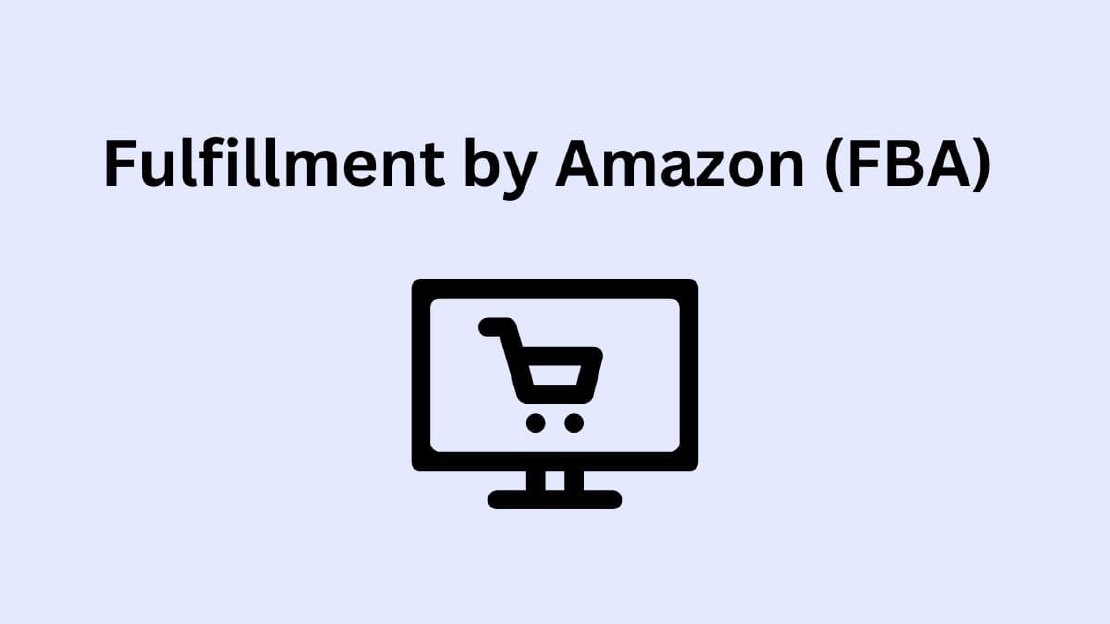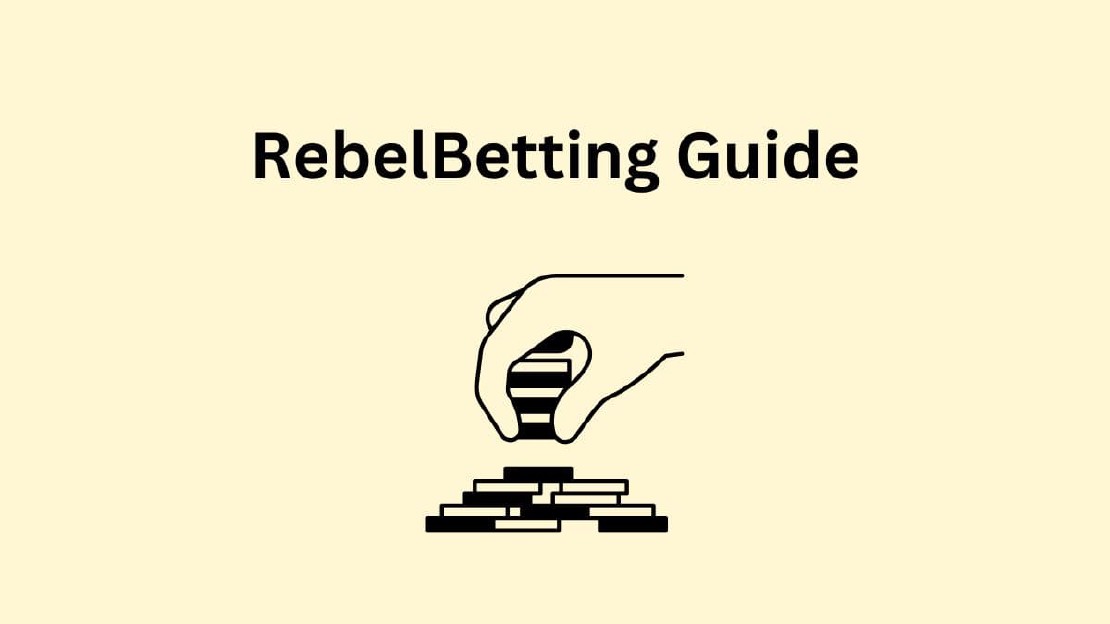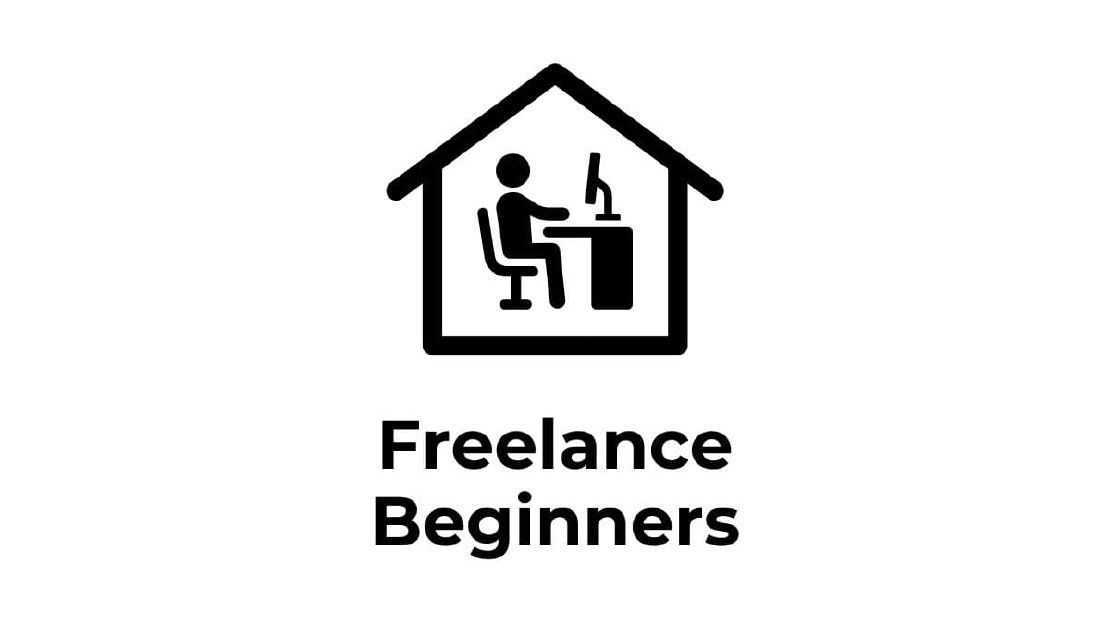Freelancer Beginners Guide
Are you tired of the traditional 9-to-5 grind? Do you yearn for the freedom to choose your projects, set your own hours, and work from anywhere in the world? In this blog post, we will explore how to start freelancing!
Imagine waking up to the sound of your alarm, not with a sense of dread, but with excitement for the day ahead. Picture yourself enjoying your morning coffee, not in a rush to beat traffic, but in a relaxed state of mind, knowing that your office is just a few steps away. This isn’t a dream—it’s the life of a freelancer. Let’s dive in!
What is Freelancing
In essence, freelancing is about leveraging one’s skills and expertise to create a career that offers both autonomy and the potential for growth, making it an attractive option for those seeking a non-traditional work lifestyle.
Well, what is the definition of freelancing; is a form of self-employment where individuals offer their skills and services to clients on a project-by-project basis, rather than working as an employee for a single company. It provides the flexibility to work from anywhere and choose projects that align with one’s skills and interests.
Freelance Statistics
Freelancing is growing fast. Over 70 million Americans now freelance. That’s more than one-third of the workforce. Many do it full-time. Others use it to earn extra income. Freelancers added over $1 trillion to the U.S. economy last year. Most work in tech, writing, design, or marketing. Rates vary by skill and location. Still, many earn more than in regular jobs. These are the kind of statistics freelancers should know. They show how strong the gig economy really is. Freelancing isn’t just a trend. It’s a new way of working.
How to Start Freelancing
Starting as a freelancer can be daunting. It’s a leap into the unknown, but it’s also an exhilarating adventure that holds the promise of unmatched personal and professional growth. Whether you’re looking to lose your 9-to-5 grind, supplement your income, or pursue your passion full-time, freelancing can be your ticket to a fulfilling and flexible career, and one of the best ways to make money online.
But how do you start? How do you transform your skills into a thriving freelance business? This guide is your launchpad. We’ll explore the essential steps to kickstart your freelancing career, from identifying your niche and building your portfolio, to marketing your services and landing your first clients. Get ready to embark on a journey that could redefine your professional life and bring you the freedom and satisfaction you’ve always desired. Welcome to the world of freelancing—where your future is in your hands.
1. Identify Your Skills
Begin by identifying your skills, strengths, and areas of expertise. What are you passionate about? What skills do you possess that are in demand in the freelance market? Consider your professional background, hobbies, and interests as potential sources of marketable skills.
Choose your niche specializing in a specific niche can help you stand out in a crowded marketplace and attract clients who value your expertise. Consider the demand for your chosen niche, as well as your level of interest and proficiency in that area.
2. Research the Freelance Marketplace
Understanding the freelance marketplace is crucial for any aspiring freelancer. Start by exploring popular platforms to see what services are in demand. Analyze the profiles of successful freelancers to identify key strategies they employ. Keep an eye on current industry trends to stay competitive and relevant. By conducting thorough research, you can better position yourself in the freelance market and find out which platforms fit you best. For instance you may want to make money on Fiverr opposed to Guru.com due to the preference of your target audience.
3. Build a Freelance Portfolio
Next, you need to build your portfolio. You must build your credibility to get noticed. Building your portfolio helps you establish credibility. Create a compelling profile that highlights your expertise, experience, and portfolio, and actively bid on relevant projects. Be prepared to compete with other freelancers, and consider starting with smaller projects to build your reputation and client base.
4. Create Social Profiles
Creating social profiles can always be of use. A social profile gives you a platform to connect with your clients outside of the service provider. In addition, a social profile allows your current clients and potential clients to get to know you personally.
5. Build a Blog (Optional)
Building a website or blog can be of use, but it’s not mandatory. However, if you build a blog you can increase your visibility and market share. You can build a website to provide examples of your work, contact information, testimonials, photos, and whatever other information you decide to display.
6. Establish Your Freelance Business Legally
No one wants to owe the IRS. Therefore, it’s critical to be ready to file a 1099. Once you earn six hundred dollar, the government requires paying taxes. Every state is different, therefore you should look up the tax requirements for startup businesses or s contractors in your state.
7. Setting Your Rates and Negotiating Contracts
Determining your pricing strategy can be challenging but essential for sustainable freelancing. Research industry standards, evaluate your experience level, and factor in overhead costs to set competitive rates. Be transparent with clients about your pricing structure and deliverables, and don’t hesitate to negotiate terms that align with your value proposition.
8. Select a Work Category
Freelancing encompasses a wide range of industries and skills. Here are some of the most popular categories:
- Digital Marketing: Digital marketers help businesses promote their products and services online. This category includes social media management, SEO, email marketing, and more. It’s a dynamic field that constantly evolves with technology and trends.
- Graphic Design: Graphic designers create visual content for businesses, including logos, brochures, websites, and social media graphics. This field requires creativity and proficiency with design software like Adobe Photoshop and Illustrator.
- Web Development: Web developers build and maintain websites. They can specialize in front-end development (focusing on the user interface) or back-end development (focusing on server-side logic and databases).
- Writing and Editing: From content writing and blogging to technical writing and editing, freelance writing gigs are ideal for those with a knack for words. It’s one of the most accessible fields, as it requires minimal investment to get started.
9. Select the Best Freelance Websites
Finding the right platform is essential for freelancers, and there are several top-rated websites to consider. Among the best freelance websites to monetize are Upwork.com or Freelancer.com and so on.
10. Manage Your Time and Finances
Setting up a separate business bank account is crucial for keeping personal and business expenses distinct. Budgeting for taxes and tracking every expense meticulously can prevent financial surprises. Using accounting software simplifies invoicing and helps maintain accurate financial records. Regular reviews of your financial health ensure you are aware of your income and expenses, aiding in better decision-making. Proper financial management is essential to achieve long-term success and effectively manage freelance finances.
11. Utilize Freelance Tips and Strategies
Starting and succeeding in freelancing requires more than just skills. Here are some practical tips for freelancers:
- Build a Strong Portfolio: A portfolio showcases your work and demonstrates your skills to potential clients. Include your best projects, testimonials, and a brief bio to give clients a sense of your expertise.
- Network and Market Yourself: Networking is crucial in freelancing. Join online communities, attend industry events, and use social media to connect with potential clients and other freelancers. Effective self-marketing can set you apart from the competition.
- Set Clear Boundaries: Freelancers often face the challenge of managing their time effectively. Set clear boundaries between work and personal life, and communicate these boundaries to your clients to avoid burnout.
Who are the Richest Freelancers?
Many freelancers have turned their skills into lucrative careers. While exact figures can vary, some of the richest freelancers have made millions through their expertise and entrepreneurial spirit.
Conclusion
The world of freelancing is like a wild rollercoaster ride, thrilling and full of opportunities. It’s a domain where your skills and creativity are your greatest assets, and your hustle determines your success. In a world that’s increasingly moving towards remote work and gig economy, freelancing offers the ultimate freedom: the freedom to choose your projects, the freedom to set your rates, and most importantly, the freedom to design your own destiny.
Recent Posts

- Work From Home
Amazons Mechanical Turk Monetization Tips
Looking for flexible online income? These Amazons Mechanical Turk monetization tips will help you turn small tasks into real earnings. If traditional remote …

- Work From Home
Fulfillment by Amazon Complete Guide
Launching and scaling an online store can feel overwhelming. Managing inventory, shipping products, handling returns—each task demands significant time and …

- Side Hustles
RebelBetting Complete Guide
In recent years, sports betting has transitioned from casual entertainment into a serious income opportunity for savvy bettors. However, consistently beating …
